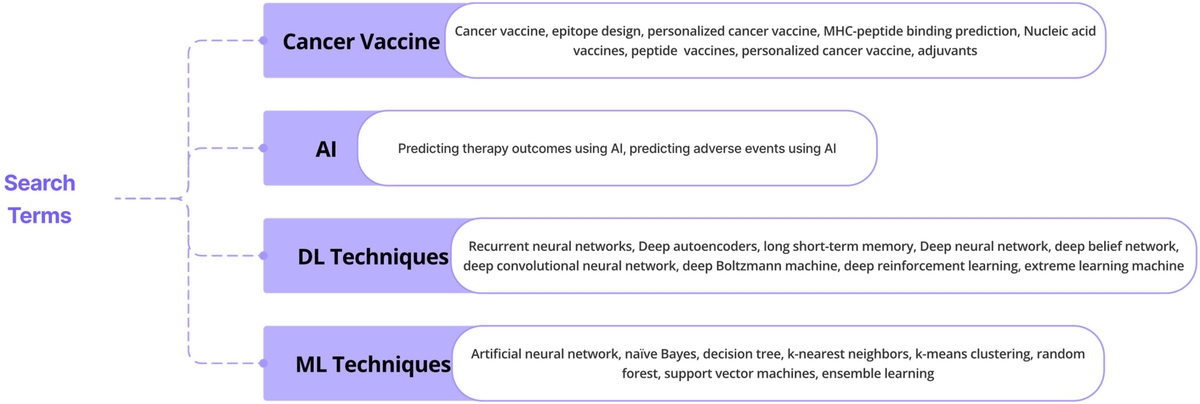Research Overview
On October 27, 2025, researchers from the University of Arizona published a study focusing on cutaneous squamous cell carcinoma, a form of skin cancer. They developed a model that identified two mutated tumor proteins, known as neoantigens, which show promise as vaccine candidates. Utilizing artificial intelligence, they created 3D models to predict which neoantigens could effectively stimulate T cells, crucial components of the immune system that target cancer cells.
Understanding Tumor Neoantigens
Tumor neoantigens are unique mutated proteins found in cancer cells that signal the immune system to recognize and attack these cells. By identifying and characterizing these neoantigens, researchers aim to develop personalized vaccines that enhance the immune response against cancer.
Key Findings
- The study suggests that both the structural and physical characteristics of neoantigens are vital in determining their suitability for cancer vaccines.
- Dr. Karen Taraszka Hastings, the senior author, emphasized the challenge of selecting the right mix of neoantigens to provoke a T cell response capable of destroying tumors.
- Current tumor vaccines can include numerous mutated protein fragments, but identifying the most effective mutations for vaccines remains a challenge, particularly for cancers with extensive mutations.
Research Methodology
The researchers utilized a mouse model to identify two neoantigens that successfully halted tumor growth by eliciting a strong T cell response. They discovered that the mutated versions of these peptides were more effective than their normal counterparts in stimulating T cells.
Implications for Future Research
The findings indicate that 3D structural modeling could be a valuable tool in selecting neoantigens for cancer vaccines, particularly for skin cancers and potentially other cancer types. The team plans to test their hypotheses on human tumor samples in future studies.
AI’s Role in Cancer Vaccine Development
David Ebert, chief AI and data science officer at the University of Arizona, highlighted the significant impact of AI in developing personalized cancer vaccines, showcasing the technology’s potential to revolutionize cancer therapeutics.
Conclusion
The integration of AI in identifying and optimizing neoantigens represents a promising advancement in the field of personalized cancer vaccines, paving the way for more effective immunotherapies.
